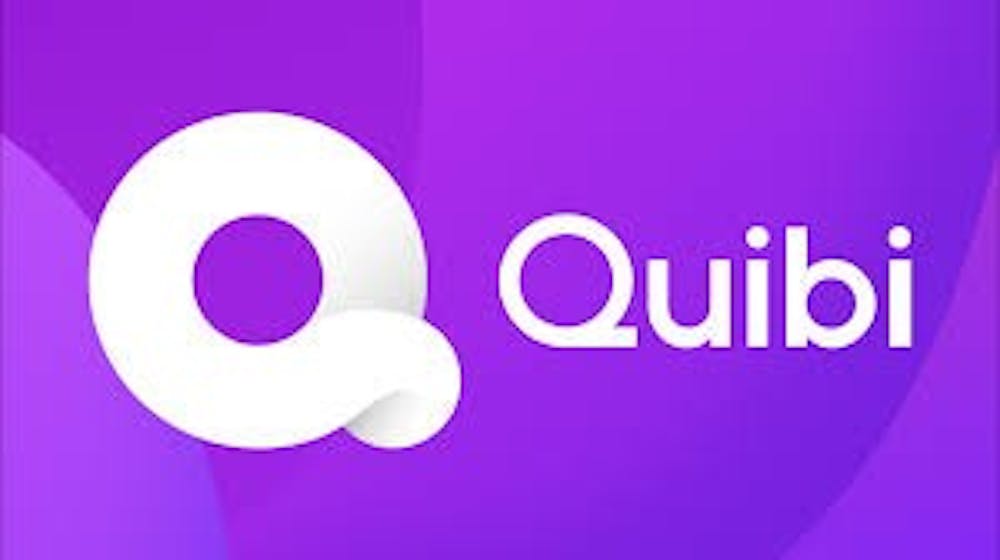Streaming services seem to be popping up almost daily. Just within the last year, we’ve seen four major new services join the already crowded market: Apple+, Disney+, HBO Max, and Peacock. One of the other streamers to launch during this time was Quibi. Now, if you’re unfamiliar with this service, don’t worry because everyone else is as well. Quibi seemed to have come out of nowhere, just to leave as quietly as it came. But what led to this service being a failure?
What is Quibi?
For those who may not be aware, Quibi launched in April with hopes of breaking into the streaming services game. However, they tried to stand out among the rest of the competition by providing short-form content, with episodes only being about ten minutes long. They wanted to appeal to the popularity of social media apps, like TikTok, and try to bring that short video structure to a streaming service. Quibi did have some great things going for it that sadly didn’t help. First, they had an impressive list of Hollywood celebrities such as Idris Elba, Dave Franco, Liam Hemsworth, and even Steven Spielberg. They also launched in April, toward the beginning of the pandemic, which should have helped increase the number of subscribers since everyone was stuck at home. Despite all of that, Quibi wasn’t able to draw in a crowd.
Streaming wars
Ever since streaming services became a major deal for companies, we haven’t really seen any failures. The only services that shut down were Youtube Red and the DC Universe, but DC isn’t exactly going away since it merged with HBO Max. Quibi has really been the first major streaming service to come out and fail, and most likely won’t be the last. With so many services coming out, not everyone will be able to subscribe to all of them. With services like Netflix, Hulu Plus, Amazon Prime, Disney+, Apple+, HBO Max, CBS All Access, and presumably many more on the way, the market has become too crowded to sustain them all. Some were bound to fail, and unfortunately for Quibi, it was the one that couldn’t latch onto an audience.
Why did Quibi fail?
The short answer is the lack of subscribers. When Quibi first launched, they started out with free trials to entice people to download and test out the app, with the hopes of locking in subscribers. With a report of over 5.6 million people downloading the app for the free trial, only around 8% of those actually stuck around after the trial ended. With numbers like these, it’s a surprise that Quibi even lasted six months. While there could be many more reasons why Quibi failed, there are three that seem to stand out.
The first is that it feels unnecessary. By keeping their episodes to ten minutes or under, Quibi hoped to appeal to those who watch shows on the go. Keeping episodes under ten minutes means that you could watch a quick episode on your daily commute, waiting in a line, or even right before class starts. However, I don’t personally know anyone who would want to watch an episode of a show during any of these times. Also, trying to blend the streaming service model with social media feels like a weird combination. If Quibi could have figured out a way to creatively blend the two together, then maybe it could have been interesting. Quibi didn’t take this route, but rather cut the episodes at random points. Having episodes this short feels unnecessary and a gimmick that doesn’t actually add anything to the way the content is presented.
Another reason is the lack of a library, especially when you’re competing with services like Disney+, HBO Max, and Netflix, which have an impressive library of content and many exclusive originals. Having such a limited library makes the service seem even more unnecessary since consumers could quickly binge all of its content and then be left with absolutely nothing to watch.
Lastly, another possible reason for Quibi’s downfall could be that it isn’t available on all streaming platforms. Roku, one of the most popular streaming devices, doesn’t carry the streamer; leaving out a large chunk of potential audiences. I doubt being available on Roku could have solely saved Quibi, but it would have been a step in the right direction. We’ve seen how not being on Roku has affected other streamers, like HBO Max and Peacock, so maybe if Quibi was available on the platform, they could have gathered a larger audience.
For anyone who’s curious about the service, sadly it’ll be shutting down on December 1st. There haven’t been any details on what will happen with their original content that has or hasn’t been released yet. Maybe another streamer will pick them up, or maybe it’ll just disappear quietly like the service.
Sources: Android Authority, Indie Wire, Tech Crunch, The Verge, USA Today
Featured Image: Variety
For more entertainment related content, visit us at Byte BSU!




















